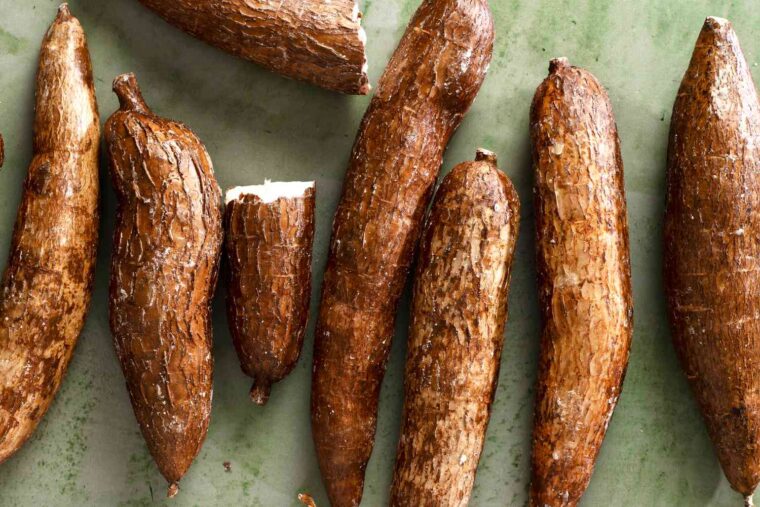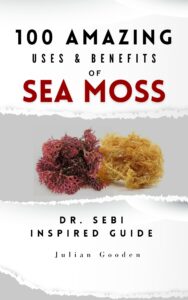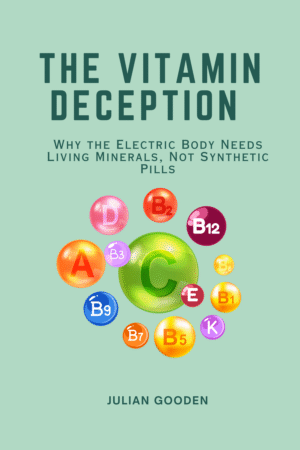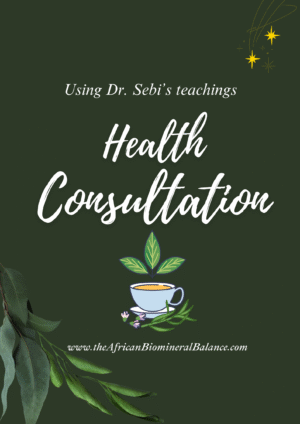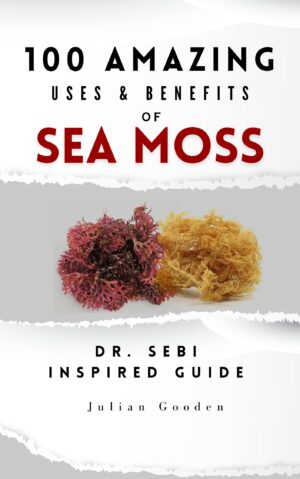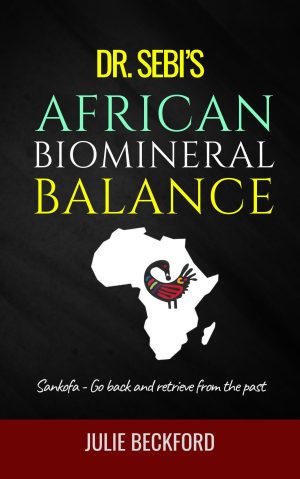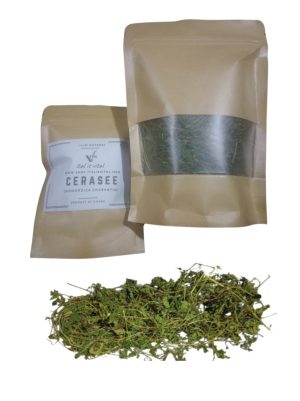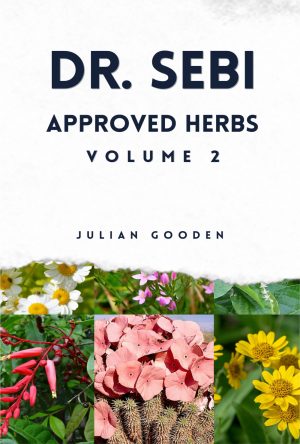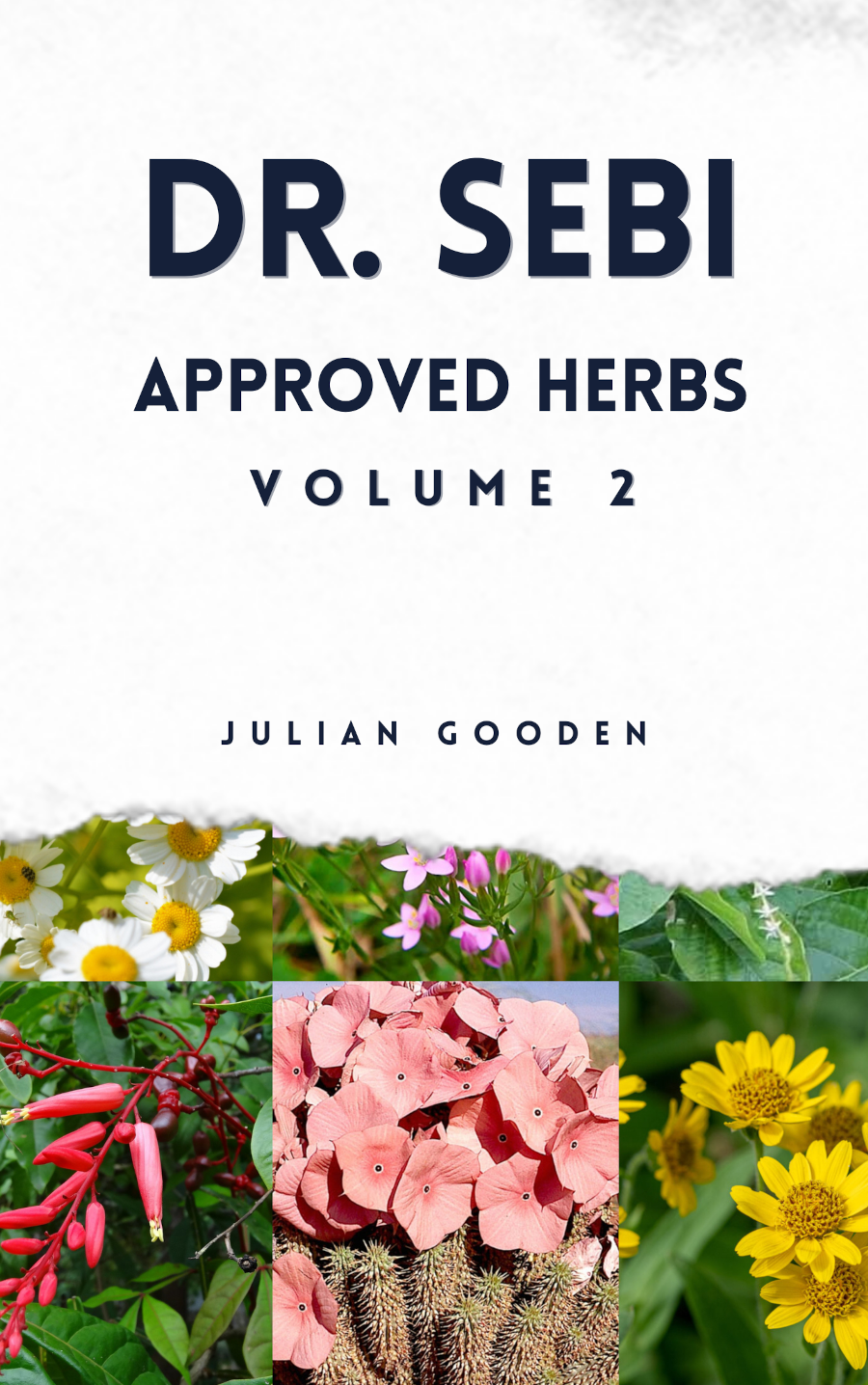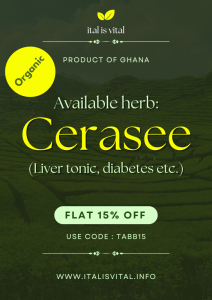Cassava is a popular food, especially in Africa and the Caribbean – however, it has a high starch content because it is a hybrid. Dr. Sebi said this about cassava:
“As for the cassava, I know what you’re saying, the African eat cassava. I don’t have to be, I don’t even have to start with the Africans, just go all the way back to the Egyptians. Weren’t they eating wheat? Weren’t they eating ducks?So they were violaters all the way back ten thousand years. So the Africans of today is a recipient of an impregnation by the foreigners. Cassava was made in Portugal, cassava contain arsenic. I live in a country where cassava is eaten everyday, three, four, five times a day and there was someone in this audience who is from Honduras he will verify that too. Cassava is dangerous but what, because it grows in African makes it indigenous to Africa.”
Here is some basic information about cassava:
Scientific Name: Manihot esculenta Crantz
Natural or Hybrid: Hybrid / Cultivated (not truly natural in the sense of wild edibles, as it is a product of human selection)
Parent Species: Believed to be derived mainly from Manihot esculenta subsp. flabellifolia (a wild progenitor in South America), with possible contributions from related Manihot species.
Cultivated or Wild: Cultivated (domesticated thousands of years ago in South America; wild relatives still exist but are not commonly eaten).
Dr. Sebi did not recommend cassava
Here’s why:
- Starch-heavy & Mucus-forming: Cassava is a root crop that is very starchy and was seen by Sebi as acid-forming, contributing to mucus build-up in the body.
- Cyanogenic Compounds: Raw cassava contains cyanogenic glycosides (linamarin and lotaustralin), which release cyanide if not properly processed. Even though people detoxify it by soaking, fermenting, or cooking, it is still unnatural to human health.
- Not Original to Nature: Cassava (Manihot esculenta) is a domesticated hybrid crop. Dr. Sebi often avoided recommending hybrid foods. He explained that they lacked the full electrical structure and natural balance found in wild or original foods.
- Lack of Nutritional Integrity: Compared to natural roots like burdock or wild yam, cassava is considered nutritionally poor, mostly carbohydrate with little mineral content, which did not align with the African Bio-Mineral Balance.
Instead of cassava, be guided towards naturally alkaline roots and vegetables like burdock root, wild yam, or amaranth grains.
Here’s a clear side-by-side comparison table of cassava versus Dr. Sebi-approved alternatives:
Cassava vs Dr. Sebi–Approved Alternatives
| Feature | Cassava (Manihot esculenta) | Sebi-Approved Alternatives |
|---|---|---|
| Type | Root tuber (cultivated, hybrid origin) | Wild roots & grains (natural origin) |
| Status (Sebi) | Not recommended | Recommended |
| Nutritional Profile | High starch, low minerals | Rich in minerals (iron, magnesium, potassium, calcium), better amino acid balance |
| Compounds | Contains cyanogenic glycosides (toxic unless detoxified) | Free of cyanide, naturally safe |
| Effect on Body | Acid-forming, mucus-producing | Alkaline-forming, cell-nourishing |
| Examples | Cassava, tapioca, gari, fufu (made from cassava) | Burdock root, wild yam, amaranth, quinoa, fonio |
| Energy Source | Quick carbs, limited micronutrients | Balanced energy with minerals & phytonutrients |
| Origin | Domesticated hybrid from South America | Mostly wild/native species, less tampered with |
References
- Carvalho, L. J. C. B., et al. (2012). “Cassava cyanogenic glycosides and their fate during processing: A review.” Food Science and Nutrition.
- Olsen, K. M., & Schaal, B. A. (2001). “Microsatellite variation in cassava (Manihot esculenta, Euphorbiaceae) and its wild relatives: Further evidence for a southern Amazonian origin of domestication.” American Journal of Botany, 88(1), 131–142.
- FAO (Food and Agriculture Organization of the United Nations). “Processing of cassava and its safety aspects.”
- Dr. Sebi’s official teachings and references to hybrid/starchy foods (not recommending cassava, potato, rice, etc.).
- Beckford, J. (2016). Dr. Sebi’s African Bio-Mineral Balance (contains authentic food list and explanations of approved/non-approved foods).


